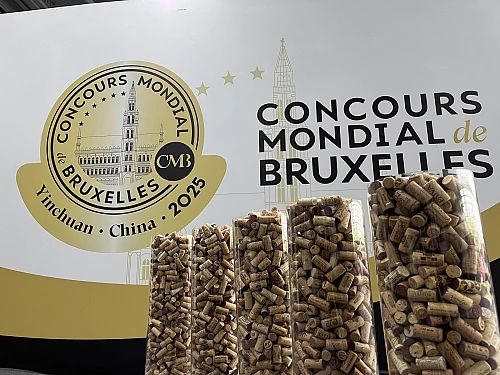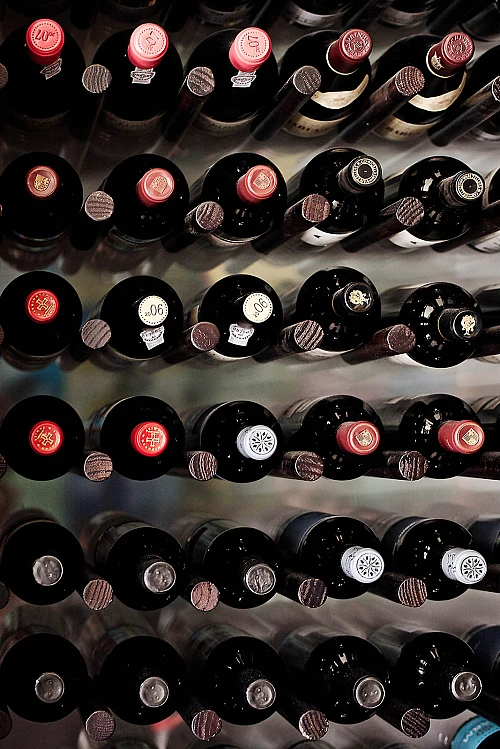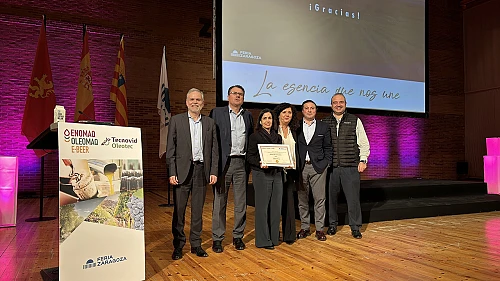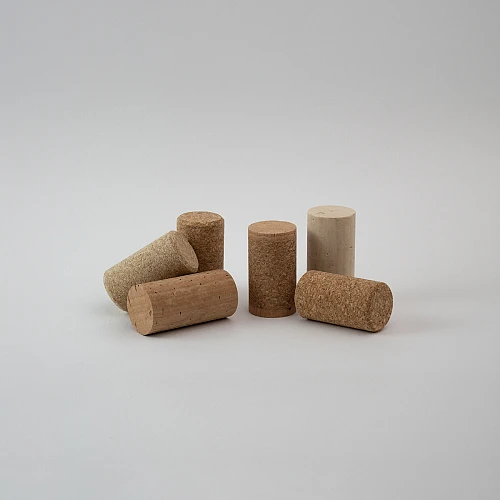- Media Center
- News
News Media Center

Cork in the USA: a decade of growth
The US market share of cork-sealed premium wines increased from 47% to 67.6% between 2010 and 2020. Over 90% of US wines priced over $20 are now sealed with cork
In 2020 - an extremely challenging year for the global wine market - customer preferences for cork stoppers and premium wines was even more evident.
Cork stoppers are consistently preferred by consumers in market surveys and purchases, due to their superior qualities in helping wines age in the bottle, their impeccable sustainability credentials and increasingly rigorous quality control measures.
Research has shown that these factors make cork stoppers particularly appealing to Millennial consumers, a key driver of market growth.
Nielsen’s latest yearly data of the Top 100 Premium Brands in the US market, for the period ending December 26, 2020, reveals that almost 72% of the Top 100 US Premium Brands are sealed with cork. Cork is the preferred option in all price categories, and finishes over 90% of US wines priced over $20.
The Nielsen data also shows that between 2010 and 2020, the market share of all premium wines (priced at or over $6) finished with cork has increased from 47% to 67.6%.
During this period, case sales of cork-sealed wines among the top 100 premium brands have almost doubled (a 97 % increase), compared to only 6% growth for alternative closures.
The strong consumer preference for cork-sealed wines is further demonstrated by the price premium enjoyed by such wines. The median price of cork-sealed wines is $3.48 higher than those finished with alternative closures.
Brands finished with cork have enjoyed more robust sales growth than those finished with alternatives closures and the number of top brands using cork closures is consistently increasing.
“Given the incredible natural properties of cork, it makes sense that the majority of the premium wines in the United States are sealed with cork,” suggests Carlos de Jesus, Amorim Cork’s Director of Communication and the Operational Director of the InterCork programme of APCOR. “Its lightness, elasticity, carbon sequestration, and ability to provide consistent oxygen transfer, are all part of cork’s unique combination of characteristics that make it unlike any other material on the market.”





